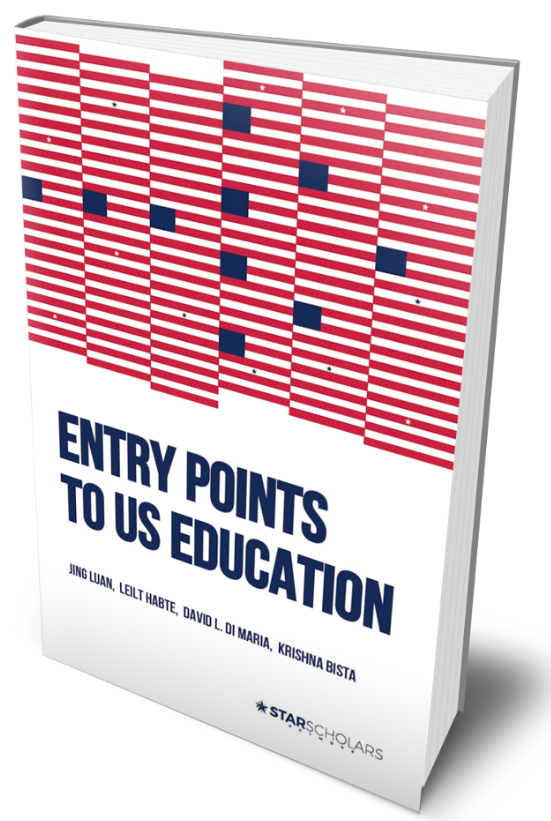Design Thinking to Support International Students’ Planning
Published
Synopsis
Christina (CJ) Davison Associate Dean of Programs and Curricula Zayed University in Dubai, United Arab Emirates
Karen Bauer Regional Educational Advising Coordinator Middle East and Central Asia (MENA) EducationUSA, Department of State, United States
Abstract
This chapter presents a novel strategy to navigate the evolving job market, which has ceased to be linear and predictable. Originating from Stanford d.school and Tulane University, Design Thinking is a flexible, iterative problem-solving method that emphasizes empathy, creativity, and collaboration. Applying Design Thinking can enable international students to broaden their perspective from a single entry point to multiple ones, thereby preventing disappointment from failure to gain admission to a preferred institution. Post entry point (after enrollment), counseling staff can employ Design Thinking to assist students with career and life planning. The authors illustrate the practical application of Design Thinking through examples such as the EducationUSA Competitive College Clubs (CCC) in Nepal and the ‘Designing Your Life for Women’ course in the UAE.
Keywords: Design Thinking, entry points, holistic approach, career and life planning, empathy, creativity, collaboration, EducationUSA, Competitive College Clubs, Designing Your Life for Women, entry points,
How to cite this chapter: Davison, C. J., & Bauer, K. (2024). Design Thinking to support international students’ planning. In J. Luan, L. Habte, D. L. Di Maria, & K. Bista (Eds.), Entry points to US education: Accessing the next wave of growth (pp. 283-293). Star Scholars Press. DOI: https://doi.org/10.32674/4r0sfm57





